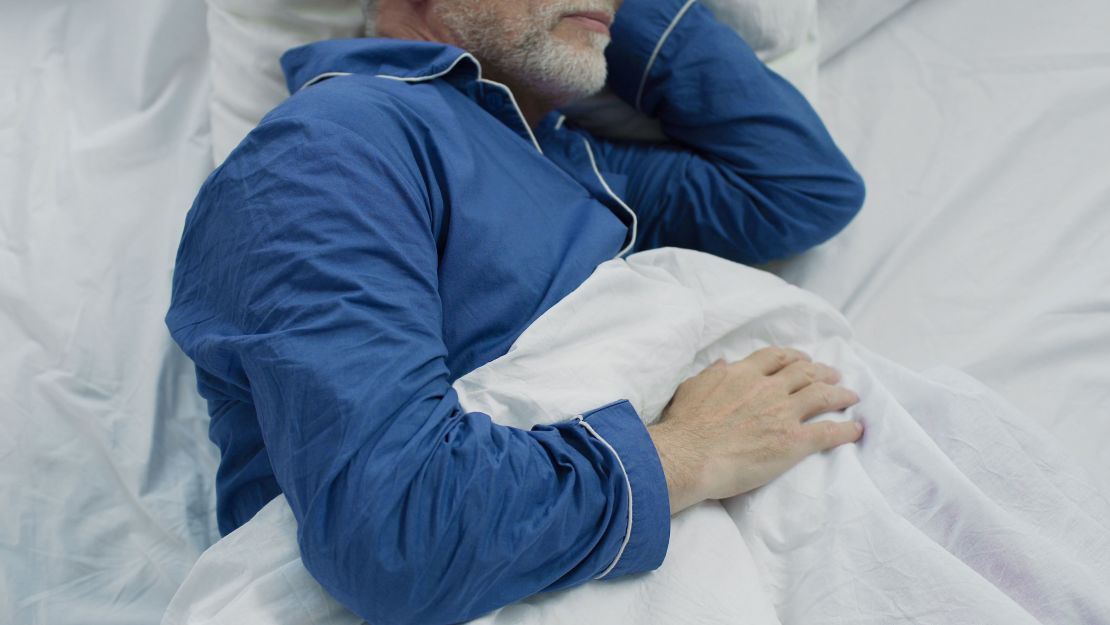Estimated reading time: 3 minutes
Older people who don’t sleep the same amount of time each night may have a higher risk of problems with their thinking skills as they age, according to new research.
It’s the first study to link what researchers call “sleep variability” to a decline in thinking skills (also called cognitive decline), which can include memory and attention problems that sometimes come before more serious conditions like Alzheimer’s disease.
Prior studies have already linked sleep to cognitive health. This latest analysis did as well, finding that people who slept less than 7 hours per night had three times the risk of having cognitive problems. However, the researchers said their study is the first to add sleep variability to that risk, likely because their study included more evaluation points during the more than 20-year study period.
“Our finding tells us that maintaining healthy, consistent sleep habits long-term may be important in optimizing brain health as you age. So, making sure that good sleep is a regular part of your life – not just on weekends, and not just on vacations – is important,” researcher Jeffrey Iliff, Ph.D., a professor of psychiatry and behavioral sciences and neurology at the University of Washington School of Medicine, said in a statement.
The new findings were published Monday in the journal JAMA Network Open. Researchers analyzed more than 20 years of self-reported sleep data from 826 older people, whose average age was 76. They had healthy cognition at the start of the study and took tests that looked for changes in their cognitive functioning, like those for attention and memory abilities.
The researchers grouped the people in the study into three sleep categories based on how much they said they slept: short sleepers who got less than 7 hours per night, medium sleepers who got about 7 hours nightly, and long sleepers who slept more than 7 hours each night.
Next, each group was compared, based on changes in their cognitive tests over time, and the researchers also compared how long people lived in each group. People whose sleep differed greatly over the years had as much as three times the risk of cognitive decline, as measured by the tests they took. (The report did not state how many minutes of varied sleep was linked to the increased risk.)
The authors cautioned that the results relied on people’s reports of how long they slept, which could be inaccurate. The link also didn’t appear to simply be a matter of people sleeping a little bit longer or a little bit less gradually over time, they wrote.
“Our analysis suggests that this sleep variability does not simply reflect consistent increases or decreases in sleep duration over time,” the authors wrote. “It is possible that the observed variability reflects changes only in self-reported and not objective, sleep duration over time.”
Other things that could have influenced the results, they wrote, were the start of other health conditions that come with age, such as depression, chronic pain, getting up more often to go to the bathroom during the night, and other lifestyle changes like shift work, retirement, or changes in marital status. (https://www.webmd.com/sleep-disorders/news/20231205/variability-sleep-duration-cognitive-decline-study)



































